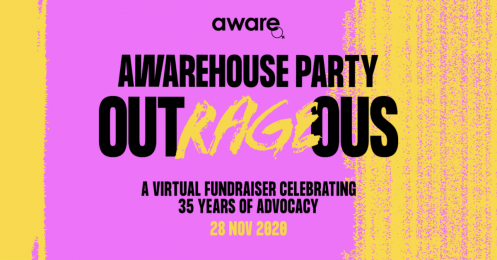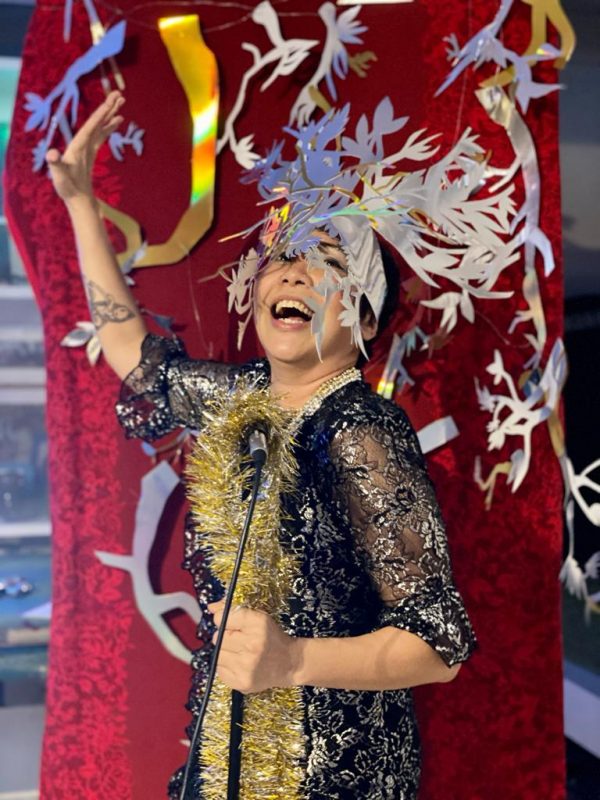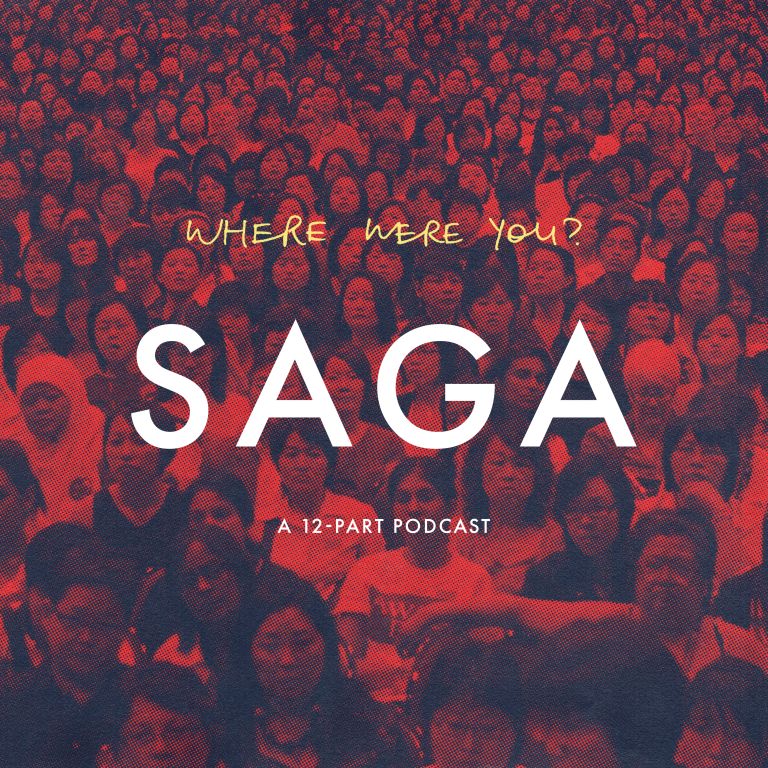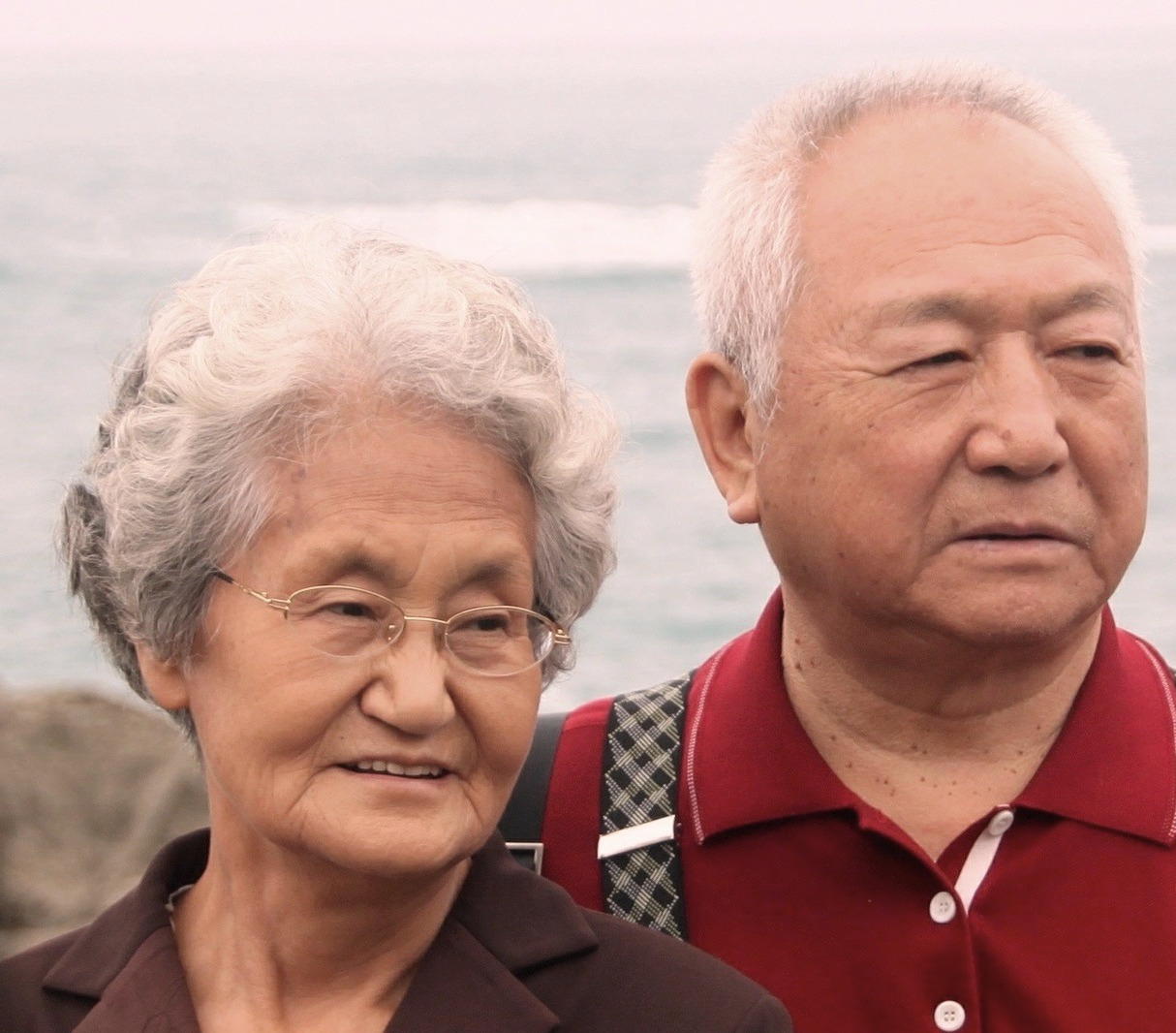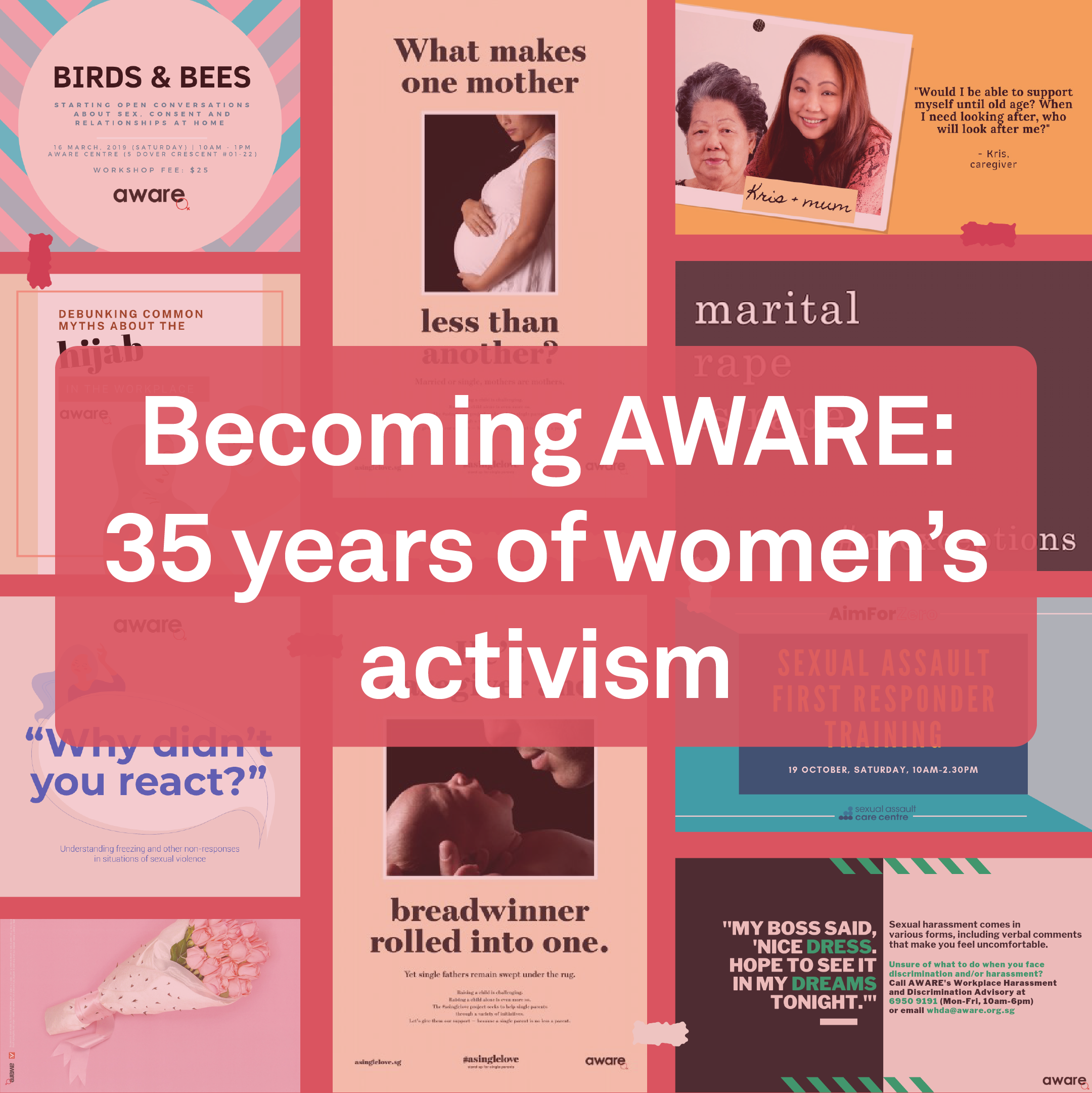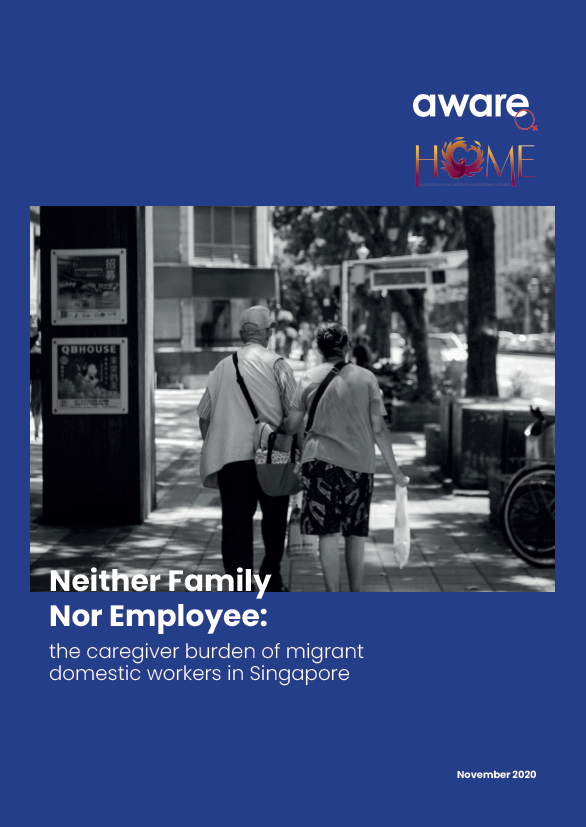
This post was originally published as a press release on 11 November 2020.
The struggles faced by both migrant domestic workers (MDWs) and caregivers for the elderly in Singapore have, separately, been mainstays in recent national conversation. Yet the stress faced by individuals for whom these identities are compounded—that is, MDWs who perform eldercare—has been given little consideration.
A new report, entitled Neither Family Nor Employee: the Caregiver Burden of Migrant Domestic Workers in Singapore, finds that this stress (known as “caregiver burden”) results from poor job matching, overwork and a lack of caregiving-specific support for MDWs.
The report is the first research collaboration between gender equality organisation AWARE and the Humanitarian Organisation for Migration Economics (HOME), who conducted interviews with 25 MDWs providing eldercare, four MDW employment agencies (EAs), seven employers of domestic workers for eldercare, and five providers of formal eldercare training. These interviews took place between December 2019 and September 2020.
“This is the first local study bringing together the perspectives of MDWs, their employers, employment agencies and private eldercare training providers,” said Ms Shailey Hingorani, Head of Research and Advocacy at AWARE. “As we rapidly age as a society, our reliance on MDWs is likely to increase. Unless we pay specific attention to the consequences of caregiving to the mental and physical health of MDWs, we run the risk of compromising the quality of care given to our elders—a lose-lose scenario.”
For Singaporean families, employing MDWs is seen as a relatively affordable way for individuals to age in place with round-the-clock, live-in care service. Of all households in Singapore who employed MDWs in 2018, one in five had employed them for help with eldercare. Yet researchers discovered that inconsistencies in the critical initial process of matching MDWs to employers ultimately penalised domestic workers and care recipients alike. There is currently no standard practice for assessing either the caregiving needs of elderly persons or the caregiving abilities of MDWs. As a result, 20% of the MDWs interviewed were providing a higher level of care than they had been prepared for before they were hired.
On top of this, the MDWs lacked sufficient emotional and informational support to deal with their wards’ evolving care needs—for example, when caring for a person with dementia. Fifty-five per cent of MDW respondents looking after persons with dementia faced verbal abuse, and 36% faced physical abuse. Yet neither employers nor most employment agencies are equipped or incentivised to provide support when those situations arise.
Another factor that worsens MDWs’ caregiver burden is the lack of specific legislation prescribing the maximum number of hours that MDWs should work. Many of the MDWs interviewed work for an average of 14.5 hours a day. Often forced to juggle both caregiving and housework responsibilities, MDWs suffered from headaches, body pains and interrupted sleep. Eighty-four per cent of MDW respondents did not have a weekly rest day, and when they were granted time off from work, it never spanned a full 24 hours.
“Domestic workers are workers like anyone else in Singapore, and it does not make any sense to treat them differently,” said Ms Jaya Anil Kumar, a case manager at HOME. “The lack of regulation of domestic workers’ working hours leads to complaints of overwork from many domestic workers, and adversely affects their well-being.”
AWARE and HOME presented a list of recommendations in the light of these findings. The organisations suggested that policymakers strengthen legislative protection of MDWs and guarantee access to respite services. They also proposed generating a standard care needs matrix (which would enable the professional categorisation of care needs and MDW skill levels) to prevent poor job matching, as well as expanding the scope of basic eldercare training, and better incentivising employers to hire trained MDWs. Lastly, the groups called for the creation of MDW-specific caregiver support resources, to help workers cope with a range of challenging caregiving situations.
In the long-term, the report concluded, the government should work towards professionalising live-in caregivers and home-care workers through a scheme akin to SkillsFuture. For example, salary guidelines might be pegged to the existing Skills Framework.
“Let’s chart a viable future in which domestic workers are valued for what they are: essential parts of so many Singaporeans’ lives,” said Ms Hingorani. “These actions could shift prevailing mindsets about care work—which is largely under-appreciated—and thereby improve the lot of women all over Singapore.”
Read the full Neither Family Nor Employee report here.
Annex – Selected respondent profiles (not their real names)
- Nalin* is a domestic worker who has for two years been caring for a 92-year-old with dementia. Though she is exhausted from providing care throughout the night, Nalin finds it difficult to sleep during the day because she fears leaving her care recipient unsupervised. This lack of sleep creates a precarious situation for both caregiver and care recipient. “Because the whole day you are awake and you also have to wake up the whole night. It is hard… In the morning I have time to rest, but I cannot sleep. I really cannot.”
- Kevaly* is a domestic worker who has for four months been caring for a wheelchair-bound 89-year old stroke patient, who also has early-stage dementia. When Kevaly fell ill, her employer prevented her from getting the rest that her doctor prescribed, and pressured her to accompany the elderly person to senior day care. “I showed him my MC. ‘But if you take leave now and Ah Gong is going to daycare, then how?’ he said. So I said, ‘It’s OK, I will go.’ I just said that, because ‘No, cannot, they gave me MC I’m going to rest’—I can’t say that, I won’t be able to suggest that.”
- Diana* is a domestic worker who has for 10 years been caring for a 91-year-old bedridden care recipient with dementia. Before she was hired, she had not been informed that the care recipient was bedridden and would require help with all six Activities of Daily Living. “I just found out when I started working. Because back home in the Philippines, what was written about the job was an elderly alone at home, then you have to clean the car, to cook, and I accepted that. But when I got here, I found out they were actually in Mount Elizabeth Hospital. Bedridden—I mean, oh my God, the disparity was a lot.”
- Athena* is a domestic worker who has for seven years been caring for an 85-year-old stroke patient with dementia. Several times during her caregiving journey, Athena has felt burnt out and reached out to her employer for support. He did not provide her with any caregiving-specific support, however, and instead implored her to persevere. “Sometimes I really tell the son, ‘I really cannot tahan [handle], I want to go home.’ Then the son answer, ‘You survived the previous year. Now we see Ah Ma is very weak… why you want to back out?’ Like that. So I keep praying only.”
Read the full narrative summaries from the report here.




